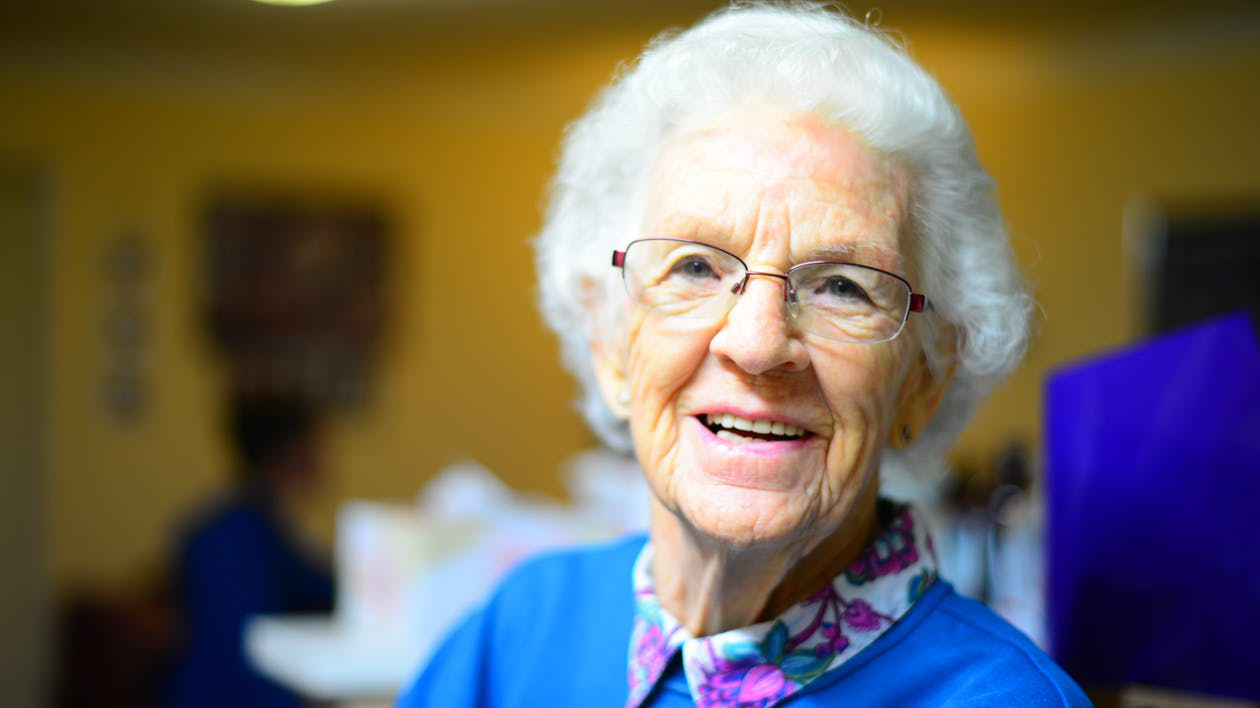Verbal and Nonverbal Validation Techniques to Use with a Senior Loved One with Memory Problems
Watching your senior loved one struggle with remembering basic things is overwhelming. The feelings of confusion and helplessness are understandable. Many people use white lies to help their senior loved ones feel better, or to change the direction of the conversation.
But this is a temporary solution. Instead, using validation techniques to step into the shoes of your loved one can help you get a better understanding of their needs.
When it comes to validation techniques, there are verbal and non-verbal methods. Let’s take a look at some of the most effective approaches that produce the best results:
á Verbal Techniques
Empathy, Empathy, Empathy
Instead of sympathizing with your elderly loved one, practice empathy. Try to see things from their perspective. It’s easier said than done but when a problem arises; try to understand how they feel.
For example: If they keep asking you whether you’ve had breakfast or not, just nod and say yes. Yelling or showing annoyance will scare them.
Think about it this way: they don’t remember and are only asking because they care about your health.
Ask Factual Questions
Don’t ask questions that can come off as “threatening.” With elderly loved ones, you need to be careful with the way you phrase questions.
Go with, “Who”, “What,” “Where,’ and “How.” Don’t go with “Why.”
For example: Ask “Who is making you feel this way?”
Don’t ask, “Why are you upset?”
Use Polarity Principles
Sometimes senior loved ones complain about something but they actually want to vent about an issue they’re having. Rephrasing questions can help you get to the bottom of the problem easily.
For example: If your loved one keeps complaining about the food, ask them, “Is everything okay? What do you dislike about the food?”
There’s a possibility that they have a stomachache or want to get something off their chest.
Be Ambiguous
One of the problems the elderly face when they suffer from memory problems is that they struggle with words. When you see your senior loved one struggling to think of a word, use ambiguous language to communicate.
Be patient, gentle and kind with them. Suggest words but don’t get angry. Sometimes, elderly loved ones with memory problems can maunder on about something completely irrelevant without realizing. Listen to them and only ask ambiguous questions when they pause.
For example: Your elderly loved one talks about a certain type of cake they had yesterday. Ask them if the cake was good or bad. Don’t ask about what the taste reminded them of or about the texture of the cake.
á Non-Verbal Techniques
Play Music
Playing your elderly loved one’s favorite music will help them relax. If they have a certain song request, go with that. Sometimes, when people don’t know how to express anger or frustration, they listen to music to help them cope with emotions.
Use Appropriate Physical Contact
If your loved one does not like physical contact, keep it to a minimum. If they like shaking hands when they see you, or patting your head, let them be the first ones to initiate physical contact.
Confused adults can get startled when they’re touched. If anything, giving them a light pat on the head will help them feel more loved.
Maintain Eye Contact While Speaking
Maintain eye contact when you’re talking to them. Don’t forget to smile. This will make them feel like you’re listening to their problem. Even if you’re not saying something, it’s important to look at them so they don’t feel ignored. It’ll show you care.
At AvantGarde, we use verbal and non-verbal validation techniques to help our elderly residents tackle memory problems.
If you’re in need of a licensed assisted living facility in Woodland Hills, CA, that offers comprehensive and compassionate care, contact us at (818) 881-0055. We take immense pride in providing exceptional assisted living services to all our senior care residents.

